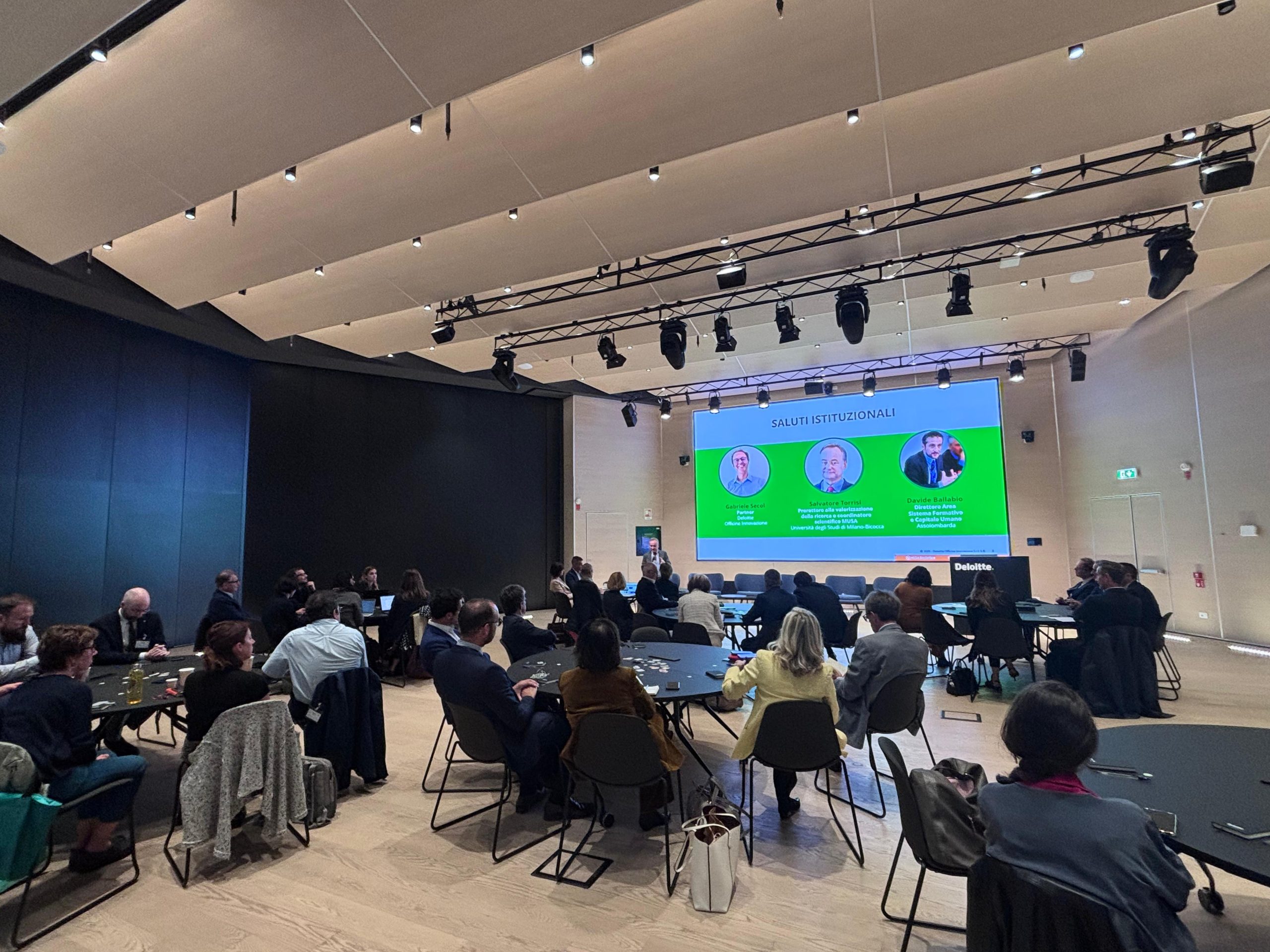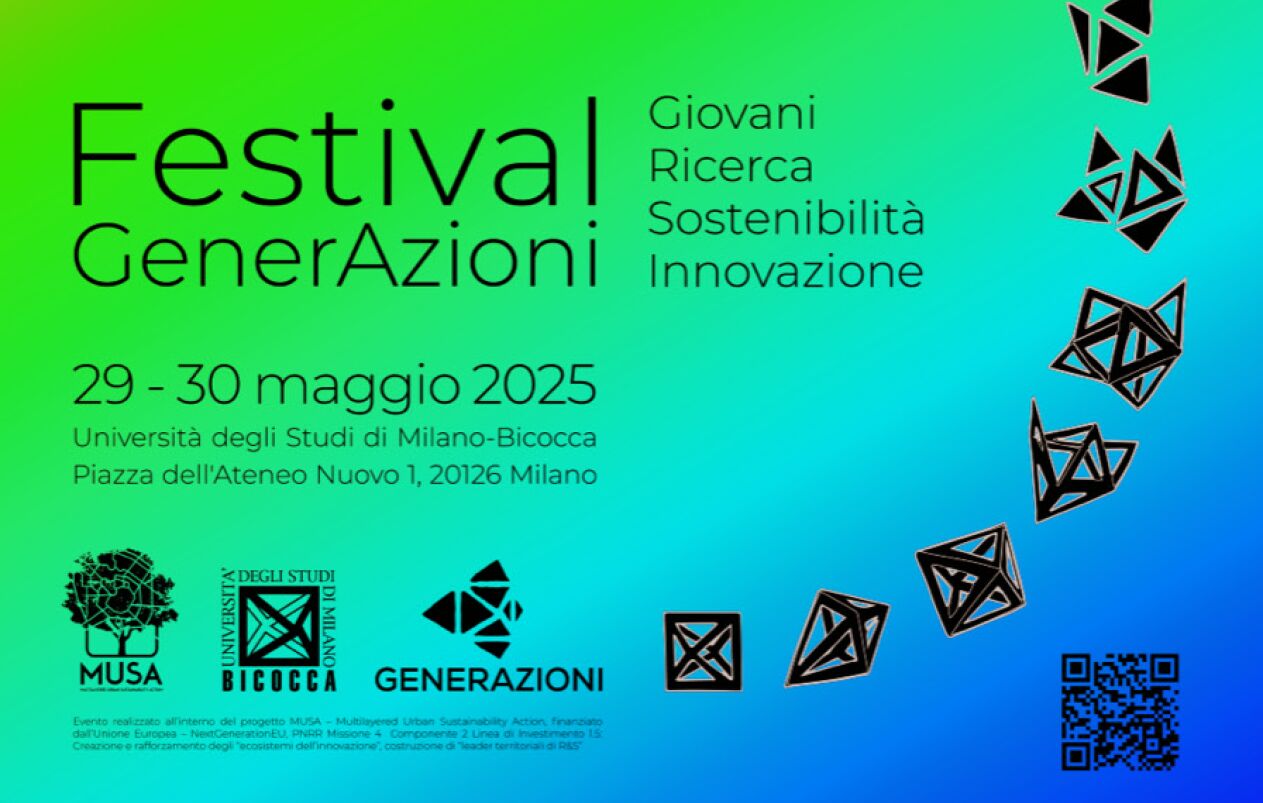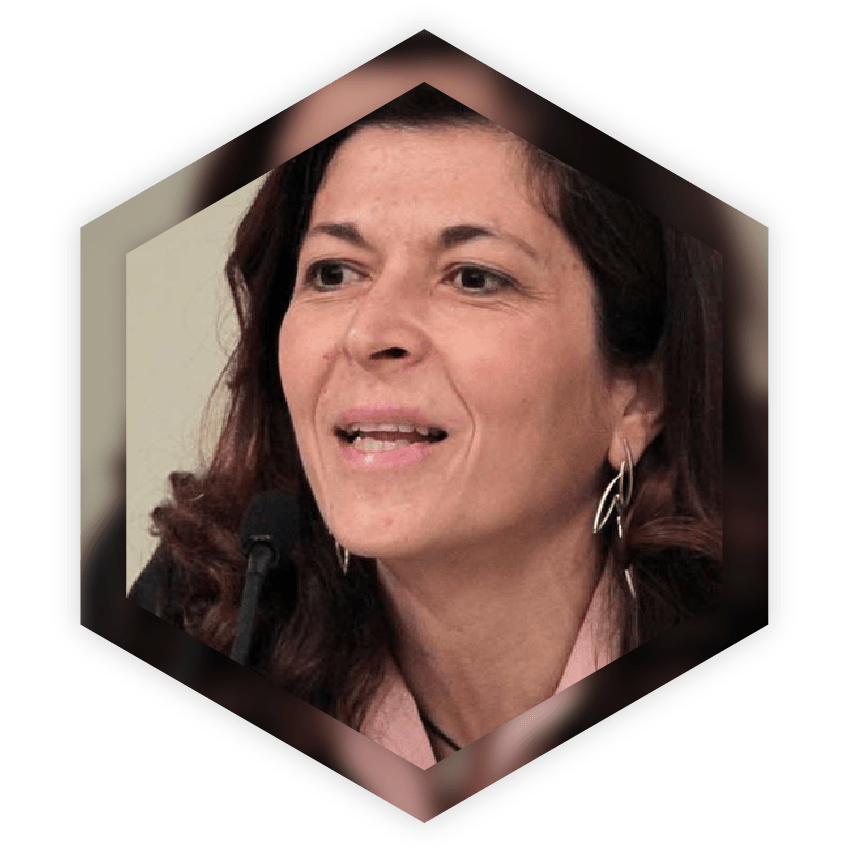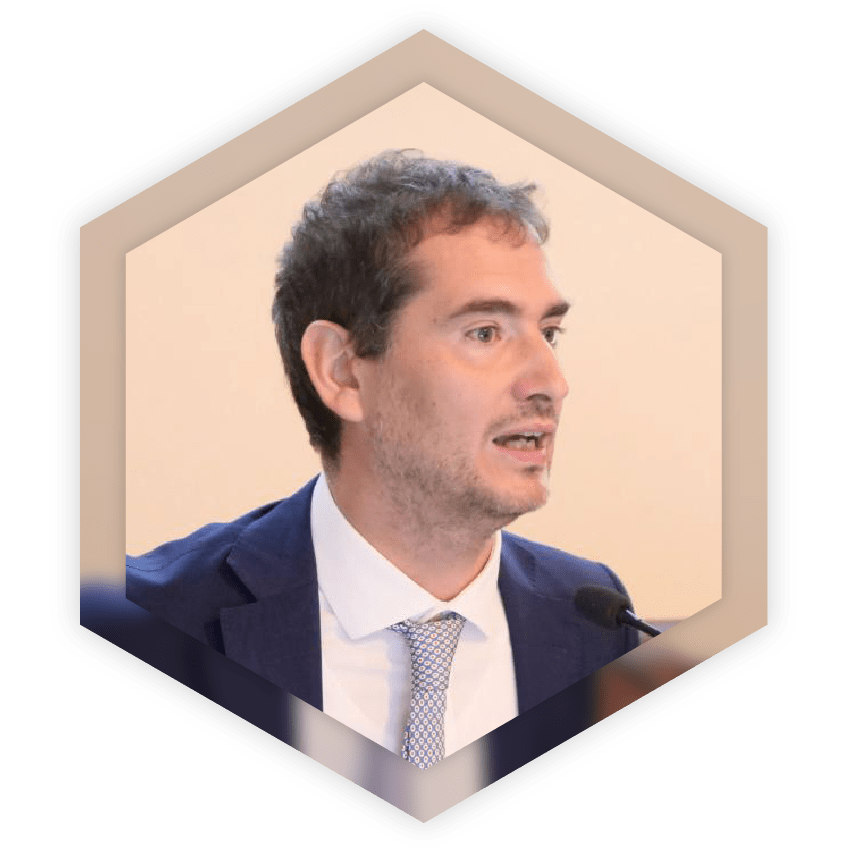
Innovation for Sustainable and Inclusive Societies
Spoke 6 involves the consolidation of approaches which, through social inclusion, education and civic engagement, place innovation at the service of the community to also ensure sustainability on a social leve
A Complex Strategy for a Transforming Society
Societal transformation can only be achieved through careful and precise investment in human capital, which must be strengthened with specific empowerment actions directed towards individuals and communities, ensuring the inclusion of the most vulnerable social groups in the project for a sustainable and inclusive city. Spoke 6 invests in a strategy of integrated actions aimed at:
Accelerating participatory processes, focusing on technological innovation and data management to promote social inclusion through the creation of permanent HUBs, laboratories, cultural districts, and territorial observatories, also supporting stakeholders and policy makers in measuring the impact of social inclusion.
Empowering individuals, communities, and organizations by valuing their civic engagement (investing in volunteering and the third sector of the Milan area), creating conditions for overcoming inequalities (based on gender, age, disability, sexual orientation, ethnicity, and national origin) in the labor market and society by shaping technological innovation to meet emerging needs.
Building innovative models to counter inequalities and promote social inclusion with a focus on vulnerable individuals and social groups.
A Collaborative and Cross-Sectoral Intervention Logic
Spoke 6 will work to develop synergy between the industrial sector, the cultural sector, and universities as centers of scientific research and education, investing in innovation as a resource for societal development.
Targeted Actions and Wide-Ranging Initiatives
The interventions planned by Spoke 6 are aimed at various segments of the population and intend to address the needs of different sectors of society. These include:
Promoting scientific research that analyzes, evaluates, and proposes interventions aimed at strengthening the capabilities of individuals, public and private organizations, in order to support social inclusion.
Implementing awareness-raising initiatives, citizen science actions, training activities, and the transfer of best practices to public and private organizations, businesses, to promote social well-being, green and digital transition.
Developing models for the use of emerging technologies and digital tools to support vulnerable groups, promote inclusion, integration, and empowerment, overcoming social discrimination and inequalities.
Promoting initiatives that invest in culture, art, and sciences and actively involve citizens as recipients of the results of the ecosystem’s R&I.
Building intervention models for businesses and the third sector aimed at promoting gender equality, transferring gender diversity and empowerment goals into corporate practices, and reducing the gender gap in STEM disciplines.
Developing monitoring tools for the impact of actions in terms of innovation and social inclusion directed at public institutions, businesses, and the third sector.
In this way, Spoke 6 aims to strengthen the social impact of the entire ecosystem with training programs and dissemination and communication initiatives that help bring the research and innovation results of its actions to the benefit of all citizens.
SPOKE 6
Latest News


Inclusion or Illusion? A Journey into the Complexity of DEI


MUSA e Deloitte: un modello per il trasferimento delle conoscenze nel post PNRR


The Right to Work in Vulnerable Contexts: A "Work in Progress"


GenerAzioni Festival 2025 – Bicocca in Search of Urban Sustainability


Access to Rights. Pathways to Social Inclusion Starting from the Experience of Bocconi University's Legal Clinics
Read all the news
Spoke Leader
Elisabetta Biffi
Spoke Leader
Marilisa D'Amico
Professoressa ordinaria di Diritto costituzionale e Prorettrice Delegata a Legalità, Trasparenza E Parità Di Diritti, dell’Università degli Studi di Milano. È la fondatrice e coordinatrice di Hall In Hall segue anche il progetto Leadership femminile e il progetto Inclusion index Marilisa D’Amico insegna Diritto costituzionale, Giustizia costituzionale e Diritti delle donne nello stato costituzionale (Cattedra Jean Monnet “European Fundamental Rights and Women’s Rights - EFRiWoR) nella facoltà di Giurisprudenza dell’Università degli Studi di Milano. È coordinatrice del corso di perfezionamento “Strumenti giuridici per la prevenzione e il contrasto alla violenza di genere” ed è membro del Comitato scientifico del corso “Culture di genere e strategie di promozione della parità nelle aziende e nelle pubbliche amministrazioni” e in quello “Diritti e inclusione delle persone con disabilità”. Coordina, inoltre, il Centro interuniversitario culture di genere e l’Osservatorio sulla violenza contro le donne dello stesso Ateneo. È membro del Women and Gender in Global Affairs Network alla Columbia University di New York e componente del Consiglio direttivo di Assoedilizia. È autrice di oltre trecento pubblicazioni scientifiche sui temi legati al diritto costituzionale, alla giustizia costituzionale, alla tutela dei diritti umani e alla parità di genere. Nel 2015 ha ricevuto il Premio CILD per le libertà civili, avendo contribuito in qualità di Avvocato “a diffondere la cultura dei diritti umani nel nostro Paese" e nel 2022 il premio “I volti della Metropoli” dedicato alle eccellenze milanesi.

Spoke Leader
Monica Guerra
Spoke Leader
Matteo Turri
Professore ordinario di economia aziendale presso il Dipartimento di Economia, Management e Metodi Quantitativi (DEMM) dell’Università degli Studi di Milano dove è attualmente Presidente del Presidio di Qualità ed è componente della Cabina di Regia per l’attuazione del PNRR. È stato Presidente del corso di Laurea Management Pubblico e della Sanità – MAPS presso il medesimo ateneo. Si occupa di problemi di funzionalità economica, governance e organizzazione di amministrazioni e imprese pubbliche con una particolare attenzione alle università. Sui temi dell’università e della ricerca è autore di libri e articoli in numerose riviste. È componente del Nucleo di Valutazione dell’Università degli studi di Padova, dell’Università Bocconi e dell’Università degli studi di Ferrara. È stato Presidente del Nucleo di Valutazione dell’Università Ca Foscari e dell’Università degli studi di Macerata ed OIV monocratico dell’Istituto Nazionale per l’Analisi delle Politiche Pubbliche (INAPP). Ha ricoperto l’incarico di componente in numerosi nuclei di valutazione: università degli studi di Bologna, Milano, Torino, Trento, e Chieti. Per ANVUR ha svolto la funzione di componente e presidente di Commissione di Esperti della Valutazione (CEV) per l’Accreditamento periodico. Presiede il Coordinamento nazionale dei Presìdi della Qualità di Ateneo (CONPAQ) attivo presso la CRUI (Conferenza dei Rettori delle Università Italiane). È direttore dell’Italian Centre for Research on Universities and Higher Education Systems (UNIRES). Attualmente è Responsabile dell’Osservatorio MHEO (Milan Higher Education Observatory) che raccoglie e analizza i dati provenienti dal sistema di istruzione terziaria (Università, ITS Academy e AFAM) di Milano e della Lombardia con un approccio evidence-based al fine di mostrare l’impatto generato dalle conoscenze su persone e territori.

SPOKE 6
OBJECTIVES

-

Drive the green and digital transitions towards social wellbeing
-

Make innovative and emerging technologies more inclusive and accessible
-

Support vulnerable groups through digital tools
-

Promote gender equality
Methods
- Permanent initiatives on the territory (cultural district, hubs, platforms, Open-air labs…)
- Awareness raising initiatives
- Citizen Science
- Training activities and innovative teaching and collaboration methods
- Transfer of best practices
- Public engagement and participatory actions
- Monitor the performances of public and private actors through a novel social-inclusion index
SPOKE 6
Key contribution to the Innovation Ecosystem

Facilitating the green and digital transition and bring the R&I findings of the entire ecosystem to the citizenship. Shape a resilient society ready to support the transformations.








